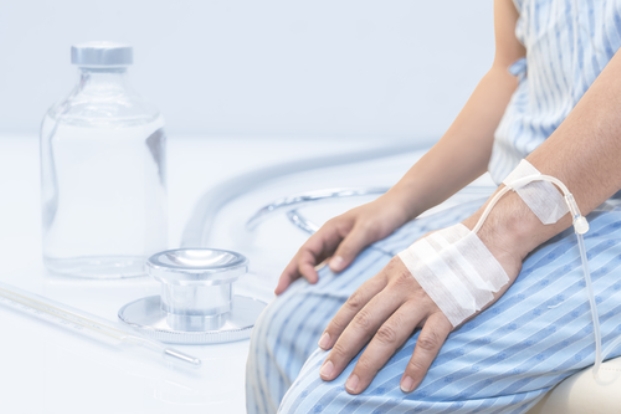Your Sexual Health and Cancer: What to Know, What to Do
Apr 19, 2022
Cancer treatment can affect your sexuality and sexual function work. It can also affect the sexual partners and your relationships. For many people, sexuality is a self-subject and cancer patients may hesitate to discuss their concerns with doctors or sexual partners. But talking openly and honestly about sex offers you the best chance of coping with any sexual changes that cancer treatment brings.
Sexuality is a part of our everyday life, but it’s more than just the act of sex or reproduction. Sexuality concludes our need for closeness, intimacy, caring, and pleasure, as well as our sex drive, sexual identity and preferences are specific and personal.

Both partners may even think that sex shouldn’t matter that much right now. It’s true that some people don’t think about sex while they fight cancer. But it’s important to note that sex and all the loving and caring that go with it can be life-affirming.
Changes in sexuality can negatively affect your quality of life and that of your intimate partner. It can also persist for years after the cancer treatment ends. Sexual problems can be caused by common cancer treatment side effects, such as fatigue, nausea, pain, and hormone changes, as well as by an altered self-image of the body and emotional distress, including depression and anxiety.
Sexual Challenges that Men and Women May face due to Cancer Treatment:
Men
- Erectile disorder
- Changes in feeling
- Changes in orgasmic intensity
- Body image changes
Women
- Changes in interest
- Effects of early menopause, such as vulvovaginal dryness, hot flashes, and painful intercourse
- Vulvovaginal health, including vulvovaginal dryness and pain
- Changes in sexual sensitivity, such as nipple sensitivity
- Changes in orgasmic intensity








